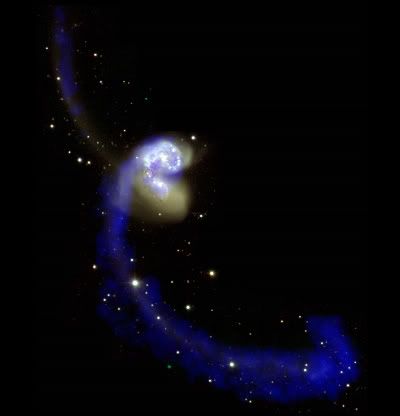
Why on heavens Earth have we not heard this part of space exploration history before? Because women have the leading roles?
Regardless of your political views, communists got one good thing going for them, they do not discriminate against women ( meaning they can work just as hard as men...:-)) So, I thought that it was only the Russians who had been 'modern' enough to include women in their early space programs. Obviously this part of history has to be corrected. The US did also include women in their space programs from the very beginning. The reasoning behind the idea was not politics as one could say about the Russian reasoning I suppose, but biology. Some men! thought that women had what it took in terms in weight, endurance both physically and psychologically etc. There were not only the Mercury 7 but the women shadow Mercury 13. Note that they outnumber the men here. :-) Too bad they didn't include any of them in the final part of the program.
I'm really sad that this part of history has been hidden from us. Women, and thus all mankind, need these role models!
I finally understand the statement I found in a female astronaut's 'private chambers' in an early space shuttle: "In order to succeed a woman has to be three times as good as men. Luckily that is not too hard." It appears the front runner of the Mercury 13, Jerrie Cobb, outperformed almost all other candidates, she was among the top 2% AND she had twice as many hours in the air (she was a pilot) as the lead man J. Glenn. So, I used to think it was sufficient to be twice as good. Now I know it is really at least three times as good that counts. For real!
For the record: I love and respect men - in spite of their shortcomings. :-D
The Lovelace Woman in Space Program (1960-1962)











No comments:
Post a Comment